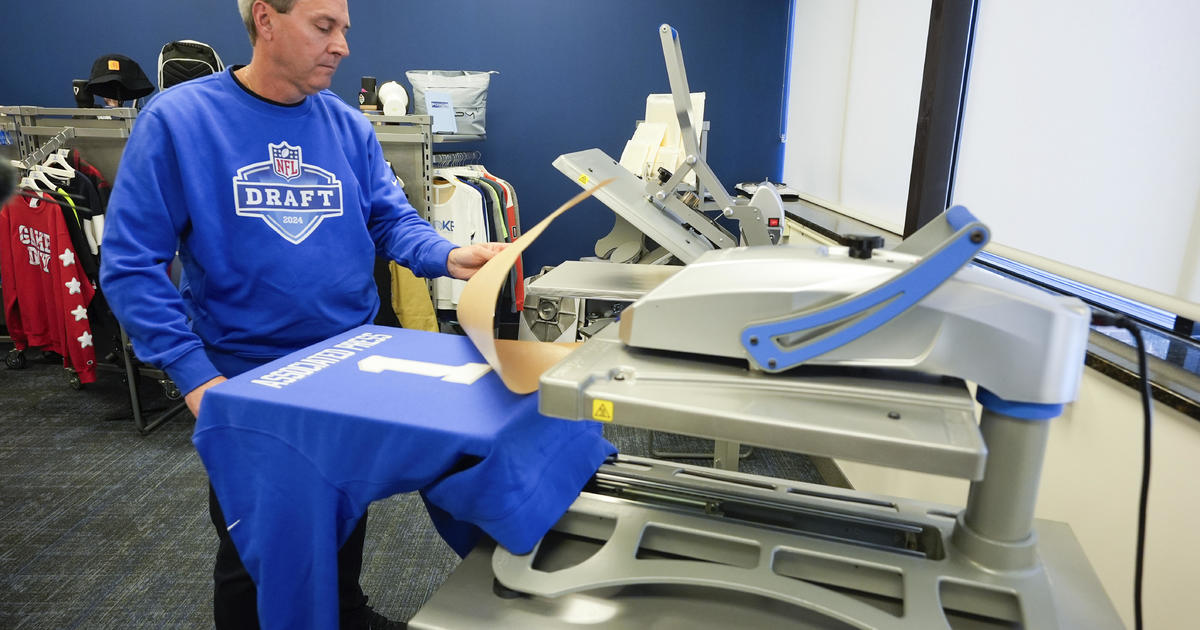Beaumont Hospital Troy Nurses Using 3-D Video Training
Pontiac-based 3-D Experiential Training Co. said Beaumont Hospital Troy is among the first health care institutions in the country to use its three-dimensional immersive training technology.
"Beaumont nurses have a strong tradition of consistency and excellence in patient care," said Peggy Tweedie, who serves as nursing director of three critical care and four progressive care units at Beaumont Troy. "We are recognized for our contributions to improving health care through quality and safety initiatives and technology adoption. The proven high impact from 3-D video technology will help us address three of the most common health care problems and ensure even higher levels of patient safety."
The video series was developed by 3-D ETC with the cooperation and collaboration of teams at Beaumont Hospital, Troy and other major health systems in the Metro Detroit area.
"Just as people have been captivated by Avatar and other 3-D movie experiences, so have employees who have received our high-impact 3-D safety training programs," said Dave Hodgson, president of 3-D ETC. "With the patient safety series, we are applying the proven success from immersive training we have had in other industries to raise the bar in patient safety."
Immersive training simulates live situations, giving people the virtual sensation and emotional impact of their actions. Studies have shown that immersive 3-D training has a much higher impact on people than traditional training.
The need for more impactful training in health care is evident from recent statistics:
* Hand hygiene -- The Center for Disease Control estimates that nearly two million people each year become ill unnecessarily as a result of hospital-acquired infections, and 90,000 of them die as a result.
* Misadministration of Medication -- In July 2006, the Institute of Medicine published a report showing at least 1.5 million U.S. residents are harmed or killed each year because of medication errors, leading to at least $3.5 billion annually in extra health care expenses. Equally alarming, on average, a patient hospitalized in the U.S. will experience at least one medication error per day. At least one-quarter of injuries caused by medication errors are clearly preventable.
* Communication - Patient Handoffs -- According to the Joint Commission on the Accreditation of Healthcare Organizations, communication problems accounted for nearly 70 percent of reported sentinel events between 1995 and 2006.
"Even the most diligent organizations have found that rigorously employing traditional methods, including hands-on and video training, process and system redesign, strict adherence to JCAHO standards, and increased management attention to the problem, have not significantly changed staff safety behaviors or yielded satisfactory results over time," Hodgson said. "With safety issues, it is critical to get the individual employee motivated to take personal responsibility for making the right choices and doing their job correctly. The key is to capture peoples' attention and touch them emotionally, and that's what makes our 3-D programs so effective."
3-D ETC has been delivering safety training programs since 2005. Its clients include commercial, industrial and government organizations as well as health care institutions seeking to reduce costly medical errors and prevent workplace accidents. The company incorporates baseline and follow-up surveys into its training programs to determine the message and action retention and other measures of training effectiveness. Surveys of more than 25,000 participants in the past year, for example, show a large and statistically significant increase in awareness in attention and pacing, two of the four categories covered in the training program, and a sustained effect at 40 days and again at six months after completing the program. The data also shows that employee awareness for making safe choices and managing stress is high coming into the training and remains high after the training experience.
"People learn in different ways, but the 3-D impact really hits home and many call it an awakening," said Hodgson. "The participants are fully engaged, distractions are at a minimum, and our surveys show that the result is a positive and sustainable shift in attitude, mindset and performance."
Opened in 1977, Beaumont Troy it is a 394-bed, acute care community teaching hospital that ranks among the nation's highest-volume community hospitals for admissions and surgeries. Health care consultant Thomson Reuters has named the hospital seven times as among the nation's "100 Top Hospitals."
Companies interested in individualized demonstrations of the 3-D Patient Safety Series may call (248) 594-4620.
(c) 2010, WWJ Newsradio 950. All rights reserved.



